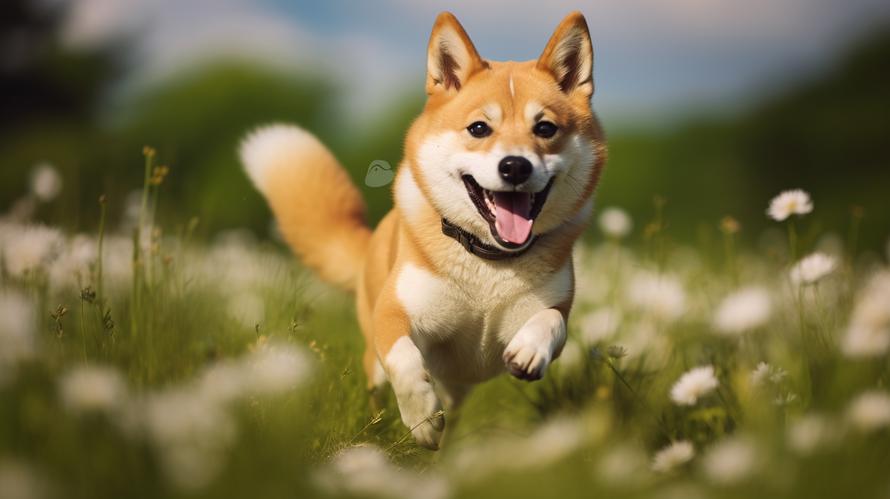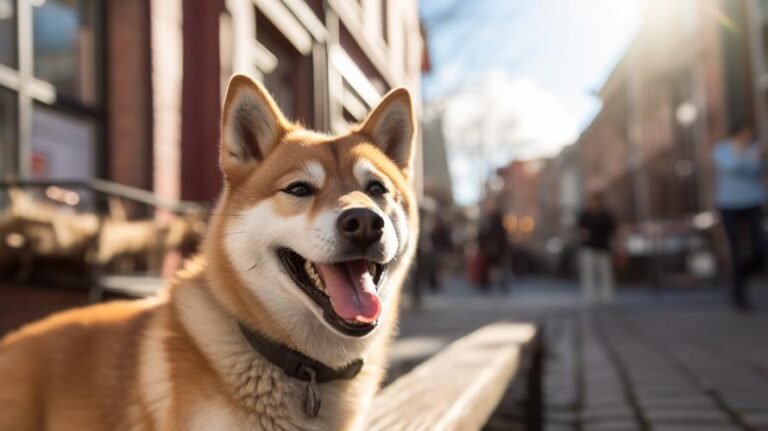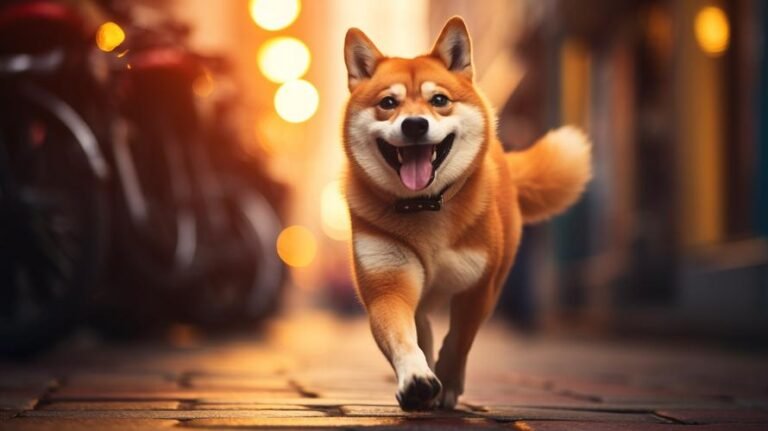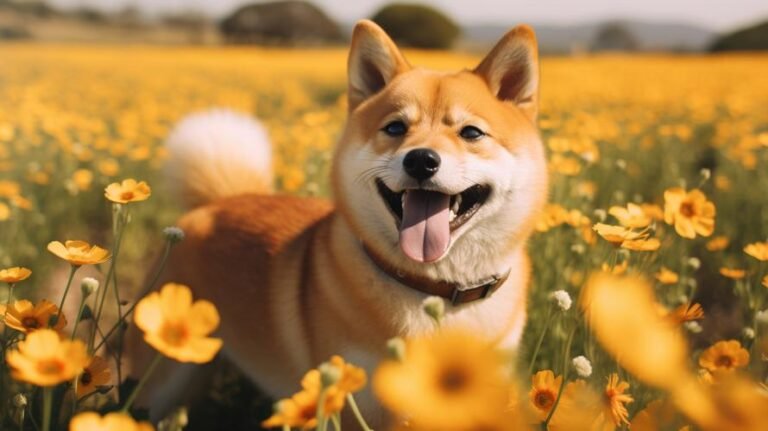Have you ever watched a Shiba Inu in action? They’re agile, swift, and remarkably cunning dogs-native to Japan but loved worldwide. With their foxy appearance and vibrant, resilient personality, Shiba Inus are rather distinctive. They have gathered considerable attention across the globe for their spiritedness, affection, and agility. As an owner, you must be mighty proud, right?
However, let’s be honest; catering to a Shiba Inu’s needs can be a tricky task at times. The more so with their diet, which plays a crucial role in their overall health and wellbeing. So, the question arises: what’s the best food for a Shiba Inu?
Let’s face it, every dog has their own dietary preferences and needs. And, when it comes to nutrition, not all dog foods are created equal. So, instead of advertising a single ‘best’ food, let’s figure out how to build a healthful diet for your Shiba Inu.
Firstly, we must start with quality proteins. Canines are predominantly carnivorous by nature, and Shiba Inus are no different. Protein plays a critical role in developing strong muscles, maintaining the immune system, and ensuring proper cellular function. So, it’s beneficial to make sure your dog’s food boasts a high-quality animal protein source as its first ingredient. Chicken, beef, turkey, or salmon can be excellent choices.
Next in line are carbohydrates. Though dogs have no absolute nutritional need for carbohydrates, they do contribute to a well-rounded canine diet. They provide an essential energy source, help with digestion, and promote good gut health. So, favor complex carbs over simple ones. Some good choices are sweet potatoes, peas, beans, or whole grains.
Thirdly, fats shouldn’t be forgotten. Fats are a concentrated energy source and essential for various functions, including maintaining skin and coat health. Ensure you opt for meals with a moderate amount of high-quality fats, with options like fish oil or chicken fat.
Vitamins and minerals are next in line. These are essential for almost every function in your Shiba Inu’s body, from bone and teeth health to wound healing and immune support. The easiest way to ensure the diet is rich in required vitamins and minerals is to opt for a high-quality, commercially prepared dog food, as they are often fortified to meet canines’ nutritional needs.
Even though water is not technically a nutrient, it is often forgotten. Like humans, dogs’ bodies consist largely of water. Always make sure your Shiba Inu remains well hydrated, especially in the summertime or if they are very active.
Then, there’s the discussion of raw food diets, which have piqued many pet owners’ interest here recently. Some Shiba Inu owners rave about the benefits they’ve seen from feeding their dogs raw diets, including shiny coats, healthier skin, cleaner teeth, higher energy levels, and smaller stools. A typical raw diet includes organ meats, muscle meat, whole or crushed bones, fruits, vegetables, and occasional dairy.
So, is raw food the way to go for your Shiba Inu? The answer majorly depends on your dog and your personal preferences. Raw diets can be quite wholesome if done right, but they also involve a good deal of time, investment, and risks if not correctly prepared or balanced. It’s worth discussing this with your veterinarian before making your decision.
Taking into account your Shiba Inu’s size, activity level, and age can also help you determine their dietary needs. For instance, puppies require more nutrient-dense foods due to their rapid growth and high energy levels. Older Shibas may require fewer calories and benefits from ingredients that support joint health.
Lastly, it’s important not to forget about the realm of dog food allergies. Food allergies in dogs can manifest in numerous ways, including itchy skin, poor coat condition, vomiting, diarrhea, and chronic ear infections. Shiba Inus can be prone to certain food allergies, especially to grains, and may benefit from a grain-free diet.
Without a doubt, feeding a Shiba Inu requires far more than finding the ‘right’ product on the store shelf. It involves understanding their nutritional needs, taking into account their stage of life, health status, and activity levels, and tailoring the diet accordingly. As a pet owner, it’s crucial to manage and balance these elements to ensure your Shiba Inu gets the best. Remember, the aim is to provide a diet that is complete, balanced, and above all, suitable for your Shiba Inu.
In this rather intriguing journey, remember you’re not alone. Advice from veterinarians, pet nutritionists, and other Shiba Inu enthusiasts can guide you about what works best. After all, it’s all about ensuring your adorable mischief-maker is happy, healthy, and hearty. The right food choices for your Shiba Inu will stimulate not only their taste buds but also improve their overall wellbeing, giving you more years of joy and companionship with your beloved pet.



